In recent years, CBD products have become extremely popular worldwide due to the many physical and mental benefits they offer, with CBD oil being the most widely used. But as the industry keeps growing, one might wonder whether the substance and its products are legal? Well, the answer would be – yes, on the federal level and as long as it contains less than 0.3 percent of tetrahydrocannabinol or THC. However, depending on where you live, certain laws and restrictions might exist.
It is important to note that these laws are not the same as the ones imposed for marijuana use since these products differ from each other in many ways. And while CBD is fully legal in certain states, others allow it for specific medical conditions and purposes only.
So, if you are interested in learning a bit more about the substance and the existing laws related to it, here is everything you should have in mind.
Contents
What Is It?
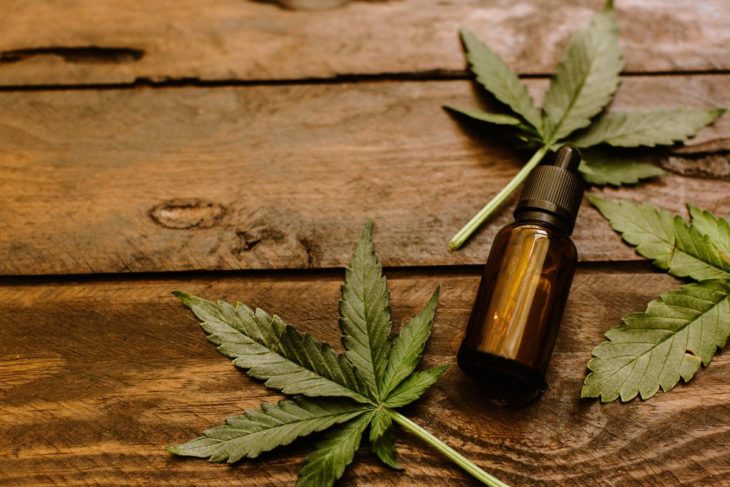
Source: vox
Cannabis plants contain chemicals known as cannabinoids which are placed in two different categories – hemp or marijuana plants. The two most prevalent chemicals are cannabidiol and tetrahydrocannabinol which are not only extracted from different plant parts but can also be derived from it separately.
THC is a psychoactive substance and this is what produces the sensation of being ‘high’. On the other hand, cannabidiol is extracted from a specific strain of the cannabis plant known as hemp, so it contains no or extremely low levels of tetrahydrocannabinol. This means that it still offers the same benefits but without the euphoric feeling, THC produces.
Interestingly, cannabidiol can come in several different forms and can be ingested or used externally if it comes in the form of a cream or rub. However, oil is the most popular form and it can not only be taken directly but can also be added in food and beverages as well.
How About the Legality?
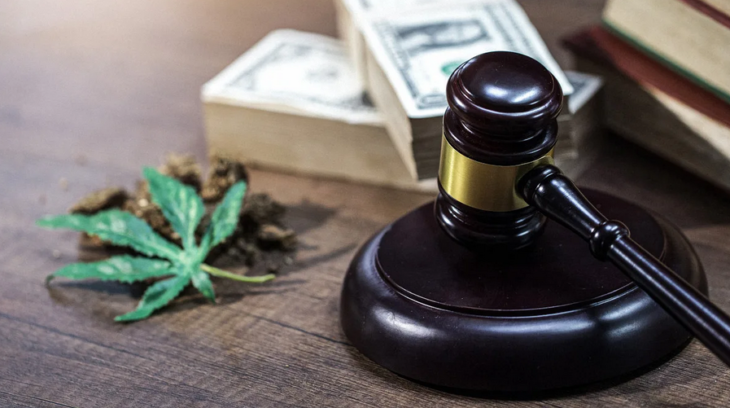
Source: weednews
The Farm Act, passed in 2018, legalized cannabidiol federally, making it legal to grow and buy in the U.S. According to the Act, it is the same as any other agricultural commodity, providing farmers rights and grants, allowing them to claim insurance, market their produce, do research, and more.
On the other hand, when it comes to state laws, that’s where things get a bit tricky. So, here are the states where CBD products are fully or partially legal.
Fully Legalized
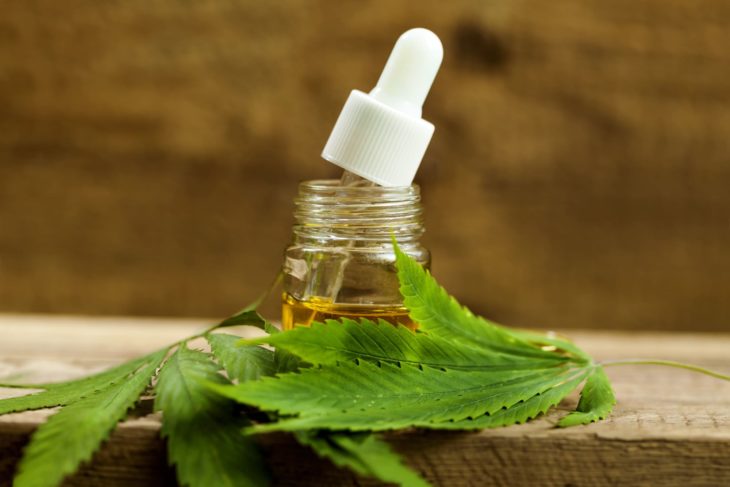
Source: deepsixcbd
1. Indiana
The substance was primarily legalized in 2017 for medical use to aid with epilepsy that is resistant to treatment. The following year a new law was signed that permitted retail sale, as long as it is extracted from hemp, contains no more than 0.3% of tetrahydrocannabinol, and is manufactured with no other controlled substances. Now, residents can purchase and use CBD oil without having to be registered as a patient.
2. Kansas
In 2018, CBD became fully legal in Kansas, enabling citizens to buy, own, and intake the substance. However, it has to be pure, meaning it is only allowed if it contains no THC.
Luckily, many companies such as RoyalCBD manufacture and sell cannabidiol oil that contains no traces of tetrahydrocannabinol.
3. Tennessee
Similarly to Kansas, the state allows cannabidiol usage as long as it is pure and extracted from the hemp plant. There is an exception when it comes to treatment-resistant epilepsy but even then, the oil can only contain faint traces of THC.
Legal for Treating Medical Conditions
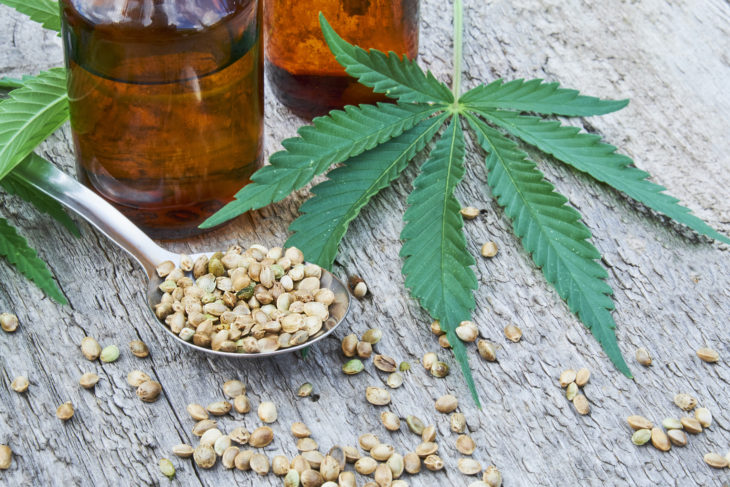
Source: health.harvard
In certain states, the substance is only available to people who suffer from severe medical conditions. Most state laws require individuals to be on a patient registry and they can only buy CBD oil with a doctor’s prescription. These conditions include illnesses such as cancer, ALS, seizures, multiple sclerosis, HIV/AIDS, and a few others.
4. Georgia
Patients have access to prescribed CBD oil with a limit of 20 ounces. Moreover, it has to have less than 5% of THC and the same amount, if not more of cannabidiol.
5. Iowa
The state also allows patients to possess a limited amount of CBD oil and has 5 available dispensaries that grant individuals access to it. Besides the liquid form, people can also buy capsules, edibles, rubs, and much more.
6. Virginia & Wisconsin
Both states enable licensed doctors and medical practitioners to prescribe the product for any illness and condition they deem fit.
7. Alabama
Cannabidiol is only available to individuals who are suffering from an enfeebling illness that they are already being treated for, as well as for people who are a part of clinical trials that are supported by the state.
Mainly Allowed for Treating Epilepsy
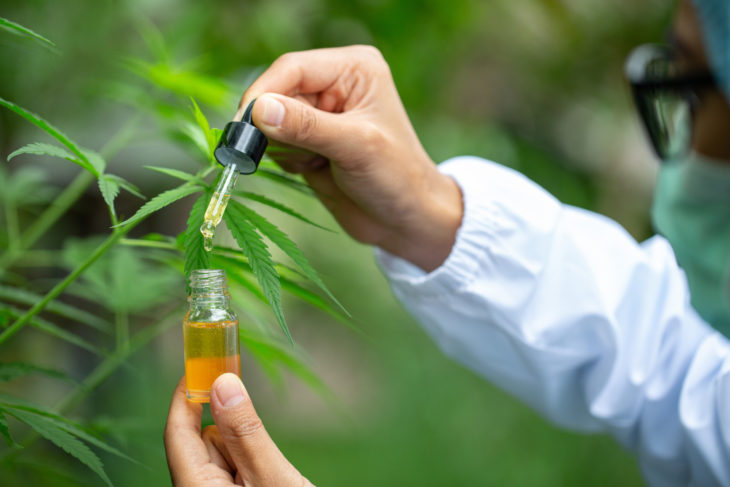
Source: Tasteful Space
8. North & South Carolina
These states have legalized CBD oil only for individuals who suffer from severe and treatment-resistant epilepsy. Both laws entail that the product has to be made from the hemp plant and contain extremely low amounts of tetrahydrocannabinol.
9. Texas & Mississippi
Since 2015, in Texas, individuals suffering from intractable epilepsy have access to oil that must have more than 10% of cannabidiol in it. In Mississippi, the levels of it must be 15% or more. Subsequently, both require the percentage of tetrahydrocannabinol to be lower than 0.5.
10. Wyoming
The state has perhaps the harshest and strictest law when it comes to CBD. Its prescription is only allowed if all other epilepsy treatment attempts have failed. Even then, the physician is required to make a formal statement in front of the Department of Health committee as to why and how the patient will benefit from the use of cannabidiol. If the request is approved, the patient will be able to purchase the product that has to contain extremely high amounts of CBD and no or very low levels of tetrahydrocannabinol.
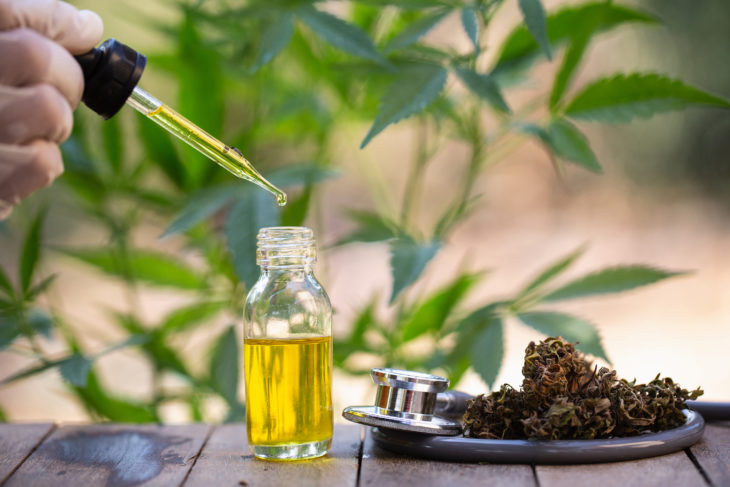
Source: Time Magazine
Conclusion
As long as CBD is derived from hemp grown according to the laws stated in the Farm Act, it can be bought and used everywhere in the U.S. On the other hand, state laws vary greatly, so it is important to be aware of them before trying out CBD oil or any other product.
However, as long as it contains only traces of THC, you should be free to use it without breaking the law. This is why it is extremely important to pick your oil carefully, be informed about the product, and always buy from a trustworthy and reputable source.
